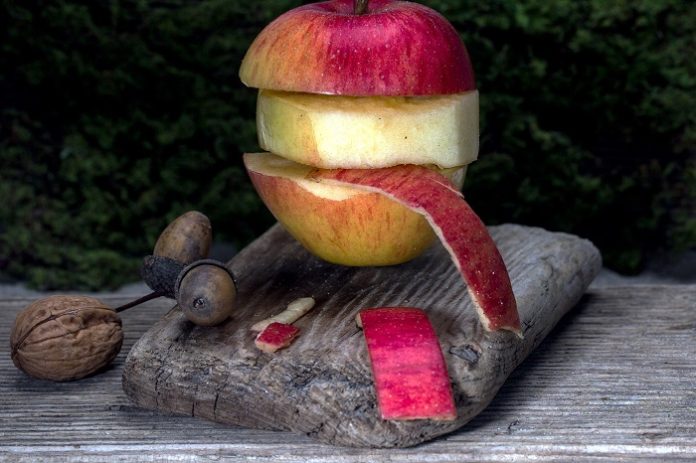
Quercetin has been found to have a protective effect against the adverse effects of common types of pesticides.
If you think you’re protected against pesticide exposure by going organic, think again. Pesticides are so prevalent in our environment that they’re found in the air we breathe, according to Fort Lauderdale, Fla.-based Life Extension, a pioneer in reporting the latest anti-aging research and integrative health therapies. Some, like DDT, linger in the environment for decades.
Washing your produce doesn’t always reduce pesticide residues. Nowadays systemic pesticides are combined with fertilizer and absorbed by plant’s vascular system, making it impossible for these compounds to be rinsed away.
By their very nature, pesticides are toxic to living beings. They impact the nervous systems of their intended victims as well as those of humans. High amounts of DDE, a DDT metabolite, have been measured in the brains of Alzheimer’s disease patients, and greater than four-fold higher average levels of another pesticide, beta-hexachlorocyclohexane, have been detected in the serum of those with Parkinson’s disease in comparison with healthy individuals.
Pesticide exposure has also been linked to an increased risk of cancer, endocrine complications, infertility, respiratory disorders, organ failure, birth defects and more. While exposure to pesticides may be inevitable, there is something that can be done to protect oneself. A naturally occurring compound in onions, apples and other plant foods has been shown in experimental research to protect against some of pesticides’ harmful effects.
Flavonoids, which include a class known as flavonols, are manufactured by plants to protect themselves from harm. The flavonol quercetin has been found to have a protective effect against the adverse effects of common types of pesticides.
Quercetin has been demonstrated to protect against damage caused by organophosphate pesticides, which are a danger to humans as well as wildlife, including bees. High dose quercetin has been shown to protect against organophosphate toxicity by preserving energy, fatty acid and sex hormone metabolism, thus lowering oxidative stress, protecting DNA, and helping to preserve liver and kidney function.
In a study involving human cells treated with the organophosphate pesticide dichlorvos (DDVP), pretreatment with quercetin reduced DDVP-induced cell death, inhibited the generation of reactive oxygen species and lowered lipid peroxidation.
Other research has demonstrated a protective effect for quercetin against neurotoxicity induced by the insecticide endosulfan. According to researchers, pretreatment with quercetin protected brain mitochondria, the cell’s powerhouses, from oxidative stress, lipid peroxidation and swelling caused by the pesticide.
Paraquat is an herbicide used to kill unwanted plant growth. Due to its action against oxidative stress, a primary mechanism of paraquat’s toxicity, quercetin has been suggested as a potential protective agent. In addition to quercetin’s protective effect against pesticide exposure, the compound may provide additional health benefits.
“Given quercetin’s positive effect on the immune response and its DNA protective properties, we should consider it as a longevity nutrient,” said Michael A. Smith, M.D., senior health scientist for Life Extension.
Even the best of diets may fail to provide optimal amounts of quercetin and other nutrients. Those who wish to ensure themselves of continuous protection against pesticides find that quercetin supplements are an easy option to consume at home or on the go.

